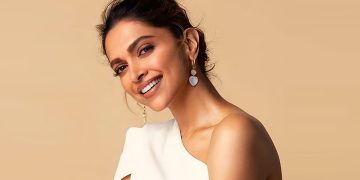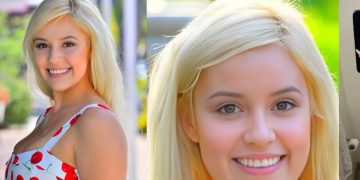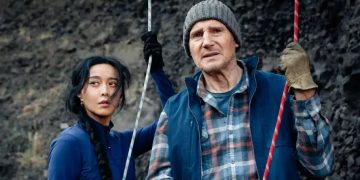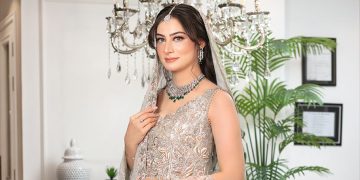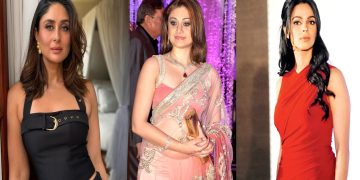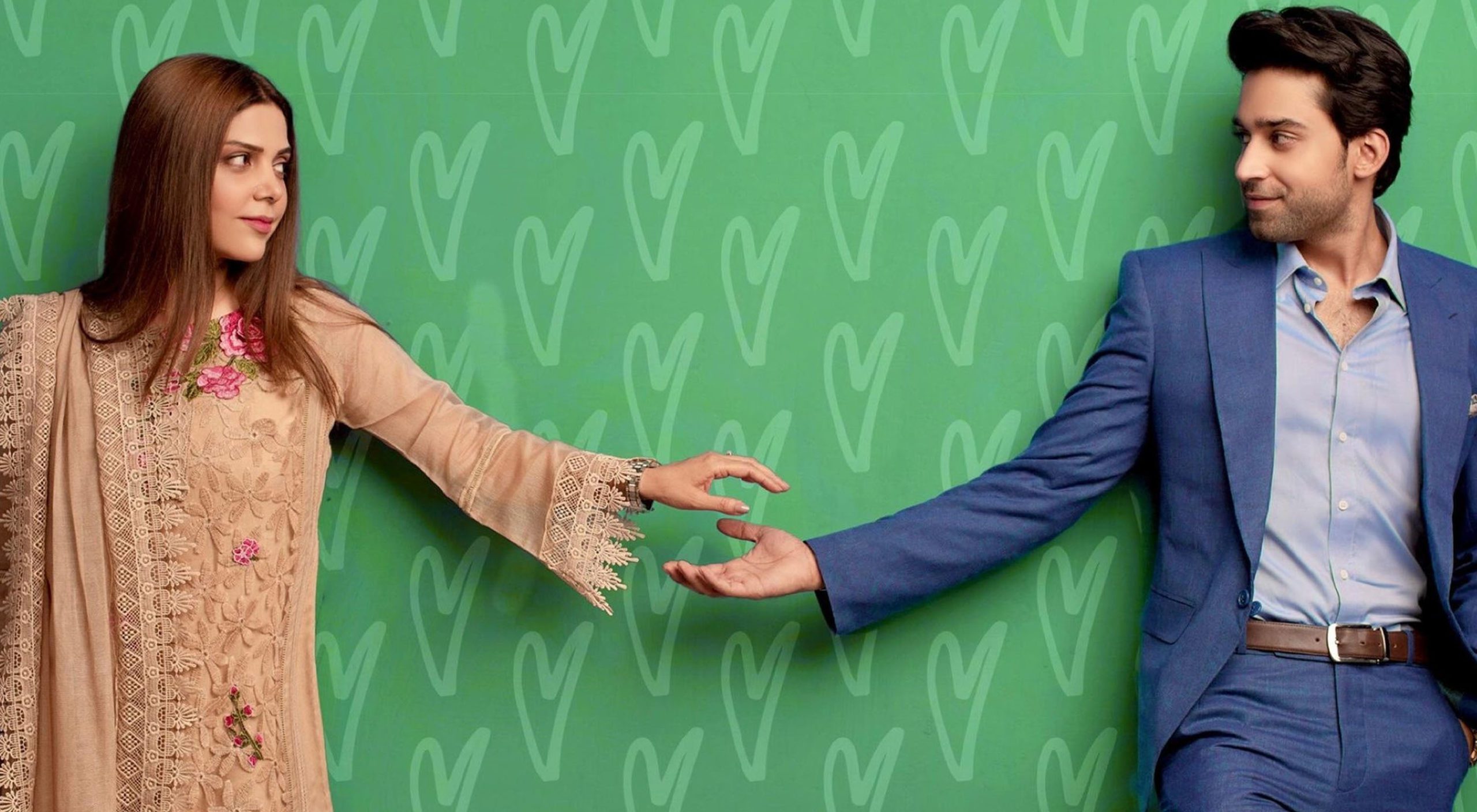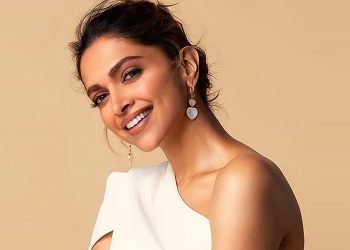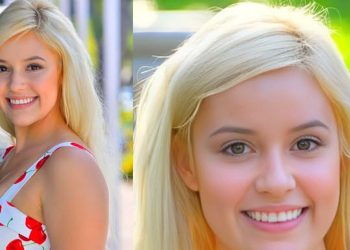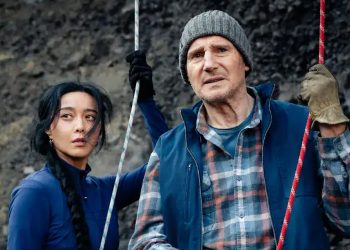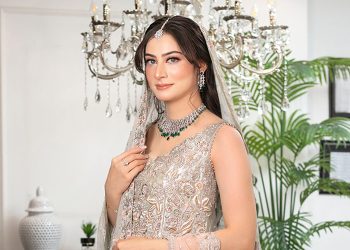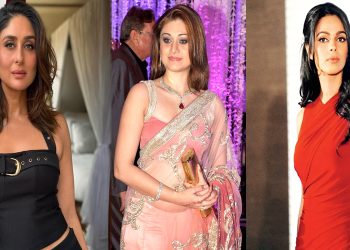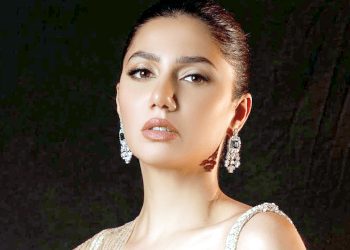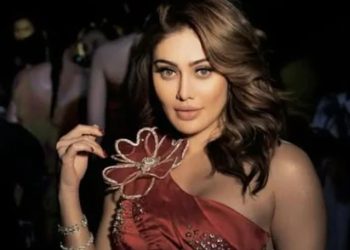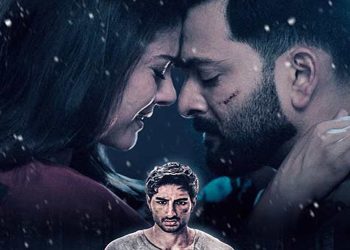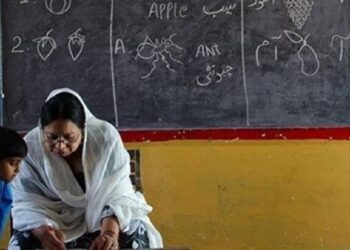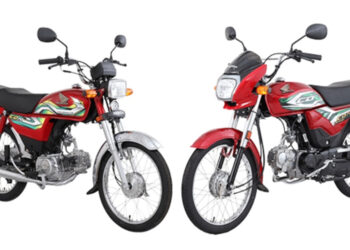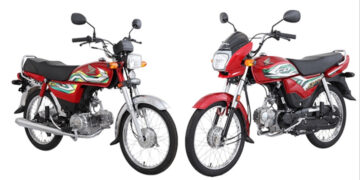Hadiqa Kiani starrer ‘Dobara’ has been a talk of the town since its first episode not because of its unique story but the serial has been exposing the harsh reality of how society and its controlling behaviour over widows.
Wednesday’s 8 pm has now become everyone’s favourite time as HUM TV airs Dobara. With beautiful and strong characters, spot on expressions and performances, and powerful script, the drama serial has left no stone unturned to impress the audience.
What audience love about Dobara?
Definitely Mehru! Hadiqa Kiani who has played the role of Mehru has smashed societal stereotypes, and stood up for who she is and what she loves has made the audience fall in love with her.
Read more: Drama ‘Dobara’ narrates stigma women face in widowhood
In a parochial society, newly widowed Mehru is seen standing up to achieve her long-sought dreams and she will do what she loves, wear what she desires. Widow, which is considered a low-key taboo in our society, Mehru is determined, focused, and high-spirited in fighting for her desires that are disallowed by this unnecessarily restrictive society. Inshort, she is doing everything which her late husband never allowed her to do.
Thought-provoking dialogue
Mehru’s ‘Main ek maa hoon lekin mai ek insaan bhi hoon (I am a mother but also a woman too)’ dialogue has impacted the audience a lot.
Indeed society tends to label the audience with someone else’s daughter, wife, mother. But women are more than that, sadly not many of us remember this.
Strong script
Danish Nawaz has yet again proved that he is one of the best directors of Pakistan after handling powerful scripts like Khaas and now Kashf and now Dobara. For social media users, women like Mehrunnisa and Sanam Baloch in ‘Khaas’ are the type of women society should be idolising and looking up to instead of those who accept emotional abuse as love.


